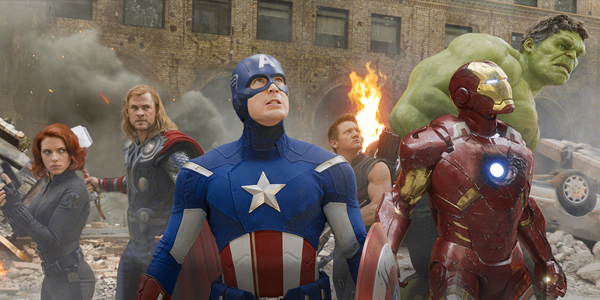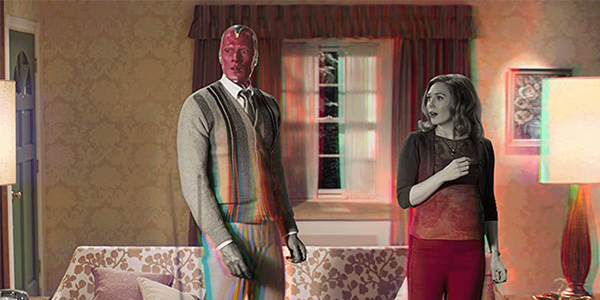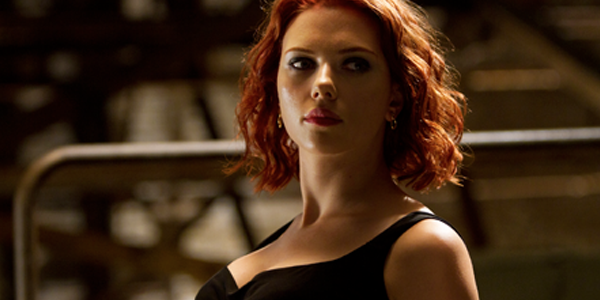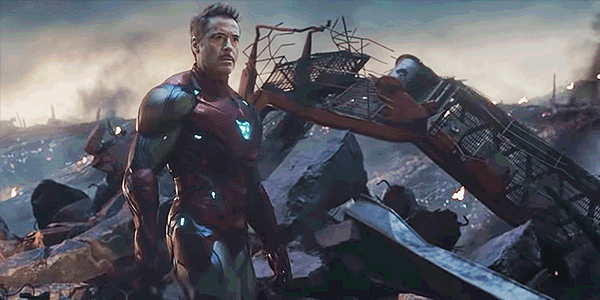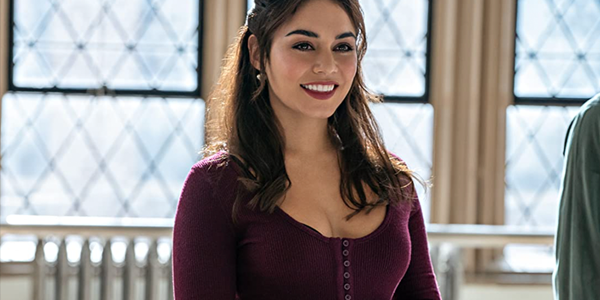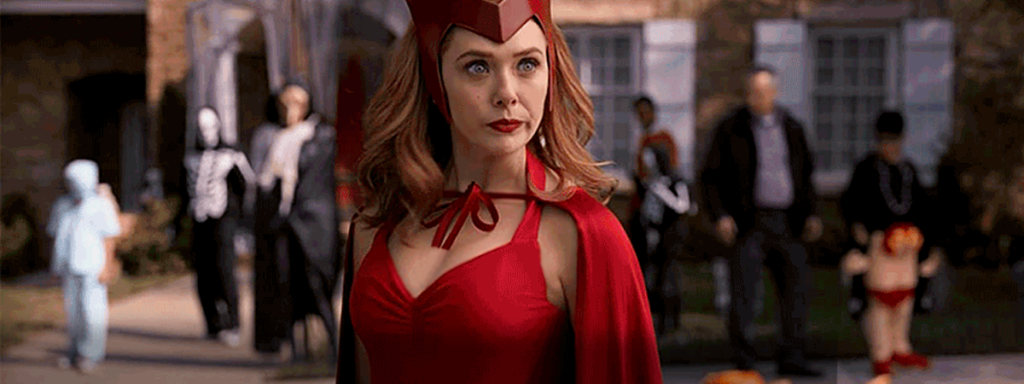
I Hope Marvel Never Makes Another WandaVision
the MCU on Cineluxe
related articles
Coming from history’s most successful superhero franchise, you’d except to see a sequel to this Disney+ series—that would be a really bad idea
by Dennis Burger
March 11, 2021
As I’ve said before (so much that regular readers are probably getting sick of hearing it), Captain America: The Winter Soldier changed everything for the Marvel Cinematic Universe. It showed us how MCU movies could rise above the tropes and trappings of superhero cinema, and it gave the movies that followed it the freedom to play around with genre in interesting ways. If Winter Soldier hadn’t worked and hadn’t connected with audiences, I don’t think we would have WandaVision today. I just don’t think Marvel would have had the courage to make it.
But WandaVision changes everything yet again, showing that you can take the single most mainstream intellectual property in the world and get abstract with it. You can experiment; you can out-bizarre Twin Peaks and still hang onto your fanboy audience, many of whom latch onto the MCU for no other reason than the wish-fulfillment/power-trip aspect of it all.
Well, you can hang onto a lot of them. I have to admit, geeky though I may be, I’ve pretty much divorced myself from geek culture since the release of Star Wars: The Last Jedi—mostly due to the toxicity of it all, but also because the loudest contingent of fantasy/sci-fi fans on the internet no more understands the properties they love to wax neck-beardedly about than my American Staffordshire Terrier understands quantum chromodynamics.
The few discussions I’ve seen about WandaVision, now that it’s over, frustrate and infuriate me in equal measure because here we have a story that cuts straight to the heart of what it means to be human in a way no film or series of any genre has in ages, and the only things the Comic-Con crowd wants to discuss are why Mephisto didn’t make an appearance or whether Agatha’s rabbit familiar, Señor Scratchy, is secretly her son Nicholas Scratch from the comic books.
All fun topics to talk about, mind you, as frivolous as they may be. But can we take a breather from the soap-opera discussions to focus on what made WandaVision legitimately good? Can we appreciate that the company known for making movies about dudes fighting robots in their pajamas had the courage to tell a story in which the primary antagonists are grief, pain, cognitive dissonance, and consequences? And not physical manifestations thereof, but the actual human emotions?
Can we maybe take a breather from geeking out over the big action set-pieces to appreciate the fact that the biggest knock-down, drag-out battle in the finale was won not with fists or laser eyes, but a philosophical argument centered on the Ship of Theseus? Can we talk about the fact that, as weird as the first half of WandaVision was, it avoided the biggest sins of Twin Peaks by knowing when to back off the eccentricities, lest they lose their value?
I’m not saying WandaVision was perfect. I found it more than a bit disappointing when the penultimate episode overexplained too many of the series’ earlier abstractions, assuming I suppose that some of its audience may not have been able to connect the dots for themselves. But such slip-ups are few and far between, which is surprising for a show that works on so many levels.
WandaVision is a story about struggling with grief and the toll that can take on those around us. It’s also a meditation on our weird relationship with media—how we influence it and how it influences us, both overtly and subliminally. It’s a clever examination of shifting cultural norms and how what we accept as normal today is as much a manipulated affectation as any of the tropes of the past.
The series’ strengths lie in its uniqueness. And you could point to previous films it resembles in the most obvious of ways, such as Pleasantville and The Truman Show, but such similarities are mostly superficial (except, of course, for the latter’s framing of tragedy disguised as comedy, which this show appropriates with devastating effectiveness). WandaVision is, of all its references and call-backs, its own thing, which is why I’m worried it’s going to be used as a template, now that it has proven successful.
I’m already seeing fans start to beg for a second season, and Marvel’s suits are being coy in their responses—and that terrifies me. As a lifelong fan of these characters—one who’s smitten with how they’ve been interpreted for screens large and small—I obviously want to see their stories continued. I’m as invested as could be. But I want to see Paul Bettany and Lizzie Olsen portraying Vision and the Scarlet Witch in new stories, told in new ways, not awkwardly fumbling around with attempts at capturing lighting in a bottle.
WandaVision was perhaps the most satisfying and self-contained narrative I’ve seen unfold in ages. And now it’s over; it’s done; there’s no more of this story to tell. But that doesn’t mean someone won’t try to replicate it. And if you need evidence of that, just look at the number of new streaming services that have come out in the past year with meaningless “+” symbols stapled onto the end of their names.
Yes, yes, I know—a streaming service and a TV series are not the same thing, but Hollywood has a knack for aping what works without understanding why it works. When Disney+ launched back in 2019, that binary operator at the end of its name actually meant something. It was shorthand for Disney + Pixar + Star Wars + Marvel + National Geographic. What the hell does Apple TV+ connote—much less Paramount+, the new name for the streaming service formerly known as CBS All Access? Paramount + what, exactly?
In keeping with that entertainment-industry tradition, it stands to reason we’ll eventually see at least a few feeble attempts at replicating the self-referential, heartfelt-story-framed-as-classic-sitcom container in which WandaVision was delivered, with no thought given to what that device actually meant in the context of this story.
The most I can hope for is that Marvel doesn’t attempt to scrape this barrel again, and certainly not with these characters, because wishing for anything more than that would be like Charlie Brown, facing that football once more, hoping beyond hope that Lucy doesn’t yank it away at the last second.
Dennis Burger is an avid Star Wars scholar, Tolkien fanatic, and Corvette enthusiast who somehow also manages to find time for technological passions including high-end audio, home automation, and video gaming. He lives in the armpit of Alabama with his wife Bethany and their four-legged child Bruno, a 75-pound American Staffordshire Terrier who thinks he’s a Pomeranian.
© 2025 Cineluxe LLC


